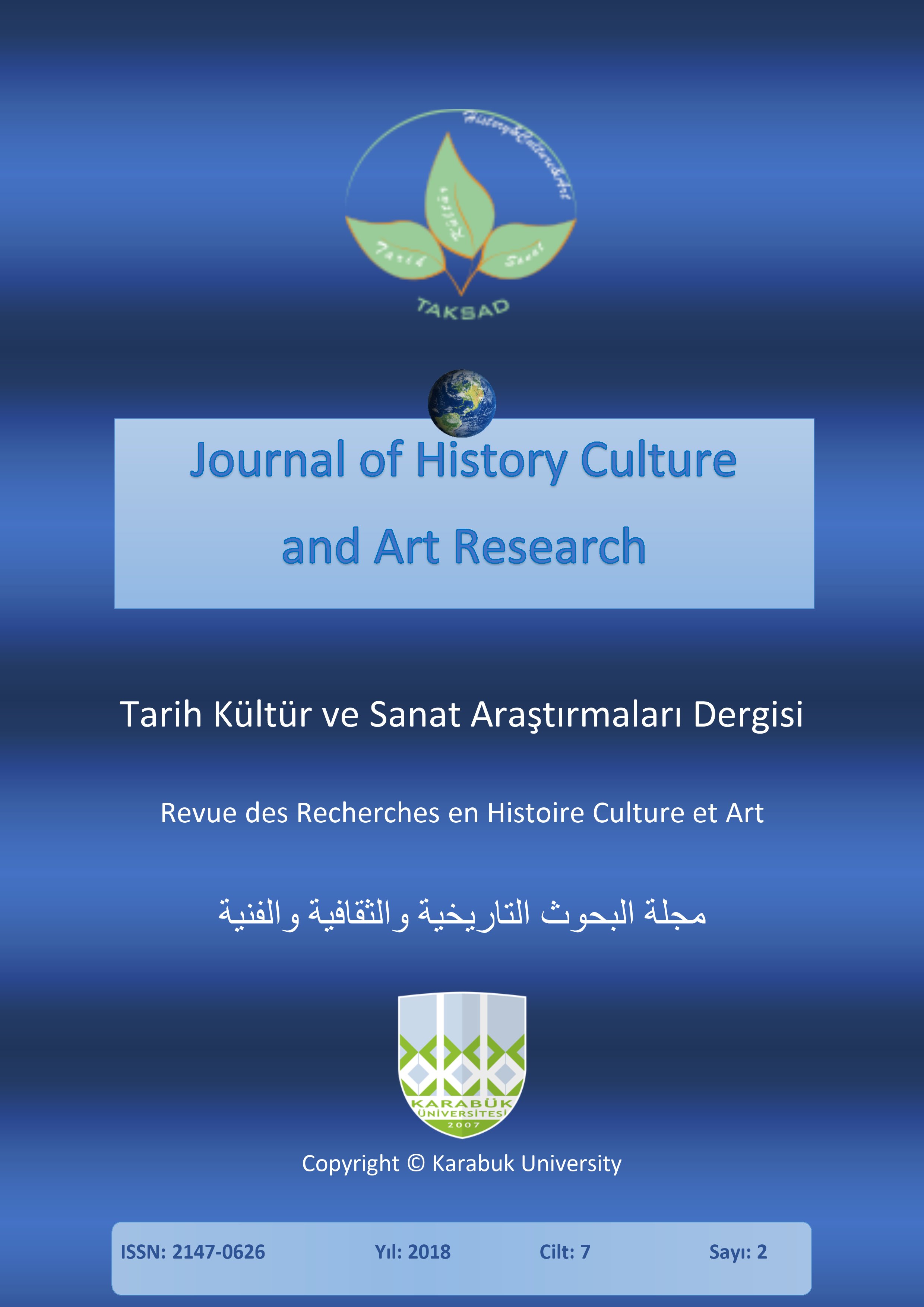Life Stories of Women: Terminated Parental Rights
DOI:
https://doi.org/10.7596/taksad.v7i2.1597Keywords:
Life history, Women, Termination of parental rights, Sociological research.Abstract
The article presents the results of the analysis of women’s life stories whose parental rights are terminated. The applied sociological research is conducted in three Russian regions: Belgorod, Saratov regions and the Trans-Baikal Territory in 2017. The main method for the collection of primary data is the depth interview (n = 15). The study evaluates the analysis of an individual case and the reconstruction of frames which are based on the observed practices of destructive maternity, and help to identify two main strategies of women’s behavior referring to the role of “mother”. The first strategy is related to the place of motherhood in the self-identity system that means the stronger the awareness of a woman herself as a “parent”, the more likely the child will be returned home. One of the most stimulating factors increasing the maternal awareness is the influence of woman’s immediate environment, including members of extended family or a new spouse. The second strategy demonstrates conscious changes in women’s life trajectories regarding voluntary renunciation from the role of parent under difficult circumstances. The subjective paradigms of the second strategy, based on the self-excuse (the child will be better in an orphanage or in a foster family) and are accompanied by the identity crisis and the deep degradation of woman’s personality.
References
Antonov, A. (2011). Family microsociology. Moscow: INFRA-M. (in Russian).
Evans, K. & Biasin, C. (2017). Exploring agency, learning and identity in women’s life trajectories in United Kingdom and Italy, Spanish. Journal of Comparative Education, 29: 15-32.
Goffman, E. (1974). Frame analysis: an essay on the organization of experience, New York: Harvard University Press.
Grigor'eva, S. (2008). Family deviations: socio-psychological and legal aspects. Kriminologiya, 1 (14): 12-17. (in Russian).
Gurko, T. (eds) (2013). Actual problems of parenthood in Russia. Moscow: Institut sotsiologii RAN. (in Russian).
Kepple, N. J. (2017). Does parental substance use always engender risk for children? Comparing incidence rate ratios of abusive and neglectful behaviors across substance use behavior patterns. Child Abuse & Neglect, 76: 44–55.
Kozlova, T. Z. (2016). Life trajectories of people deprived of parental rights. Saarbrucken: Palmarium Academic Publishing. (in Russian).
Kruttschnitt, C. & Bijleveld, C. (2017). Lives of incarcerated women: an international perspective. New York: Routledge.
Mayorova-Shcheglova, S. (2013). Education of children in the family: the opportunities of society and education. Narodnoe obrazovanie, 7: 201-206. (in Russian).
Vakhshtayn, V. (2011). Sociology of everyday life. St. Petersburg: Izdatel'stvo Evropeyskogo universiteta. (in Russian).
Volkova, O.; Beschetnova, O.; Mozgovaya, E.; Babintsev, V. & Zhirov, M. (2017). Life trajectories of parents who’s parental rights were terminated: the sociological research. Indo American Journal of Pharmaceutical Sciences (IAJPS), 4(9): 3128-3133.
Weindl, D.; Knefel, M.; Glück, T.; Tran, U. & Lueger-Schuster, B. (2017). Motivational capacities after prolonged interpersonal childhood trauma in institutional settings in a sample of Austrian adult survivors. Child Abuse & Neglect, 76: 194-203.
Downloads
Published
How to Cite
Issue
Section
License
All papers licensed under Creative Commons 4.0 CC-BY.- Share — copy and redistribute the material in any medium or format
- Adapt — remix, transform, and build upon the material for any purpose, even commercially.
Under the following terms:
Attribution — You must give appropriate credit, provide a link to the license, and indicate if changes were made. You may do so in any reasonable manner, but not in any way that suggests the licensor endorses you or your use.
- No additional restrictions — You may not apply legal terms or technological measures that legally restrict others from doing anything the license permits.







